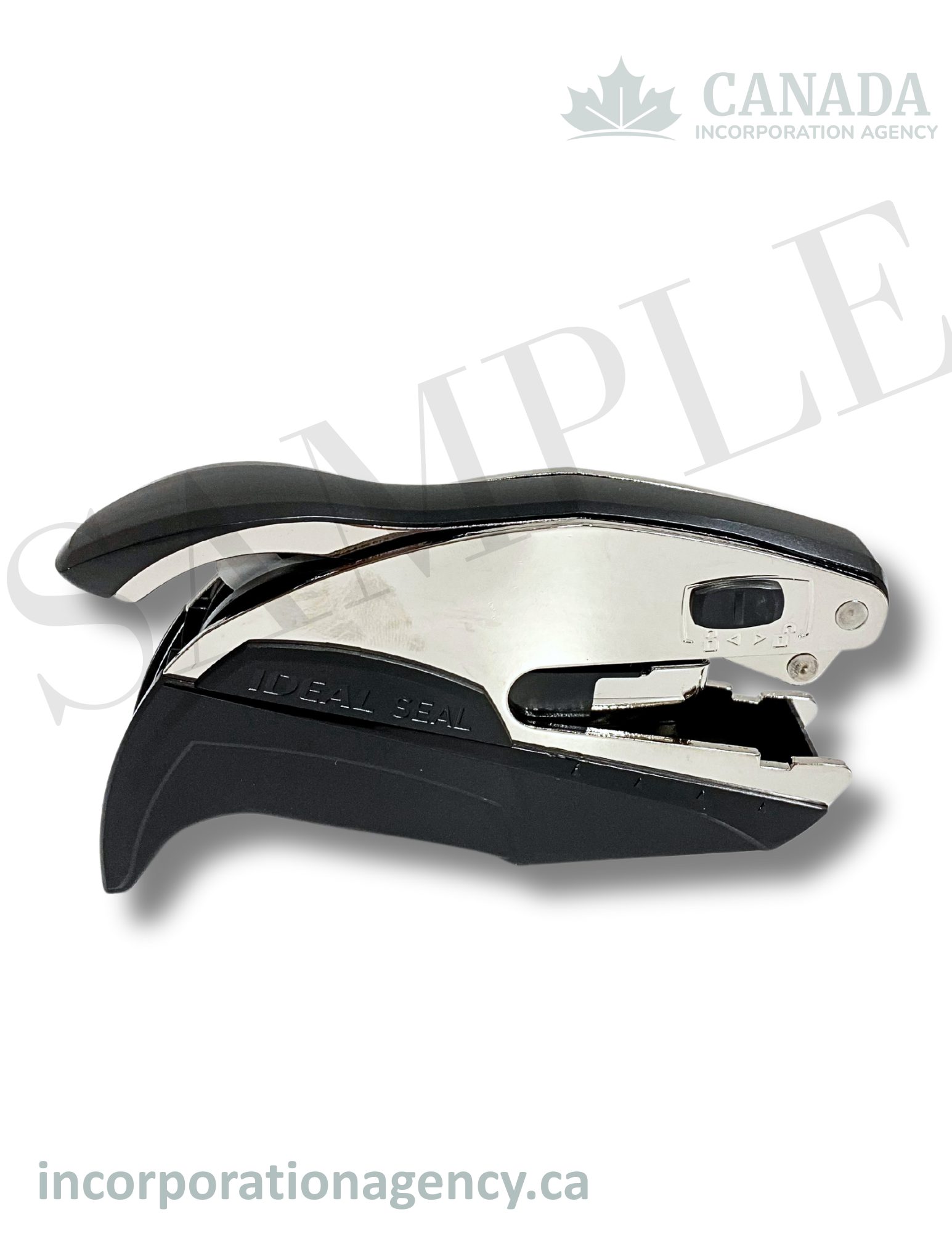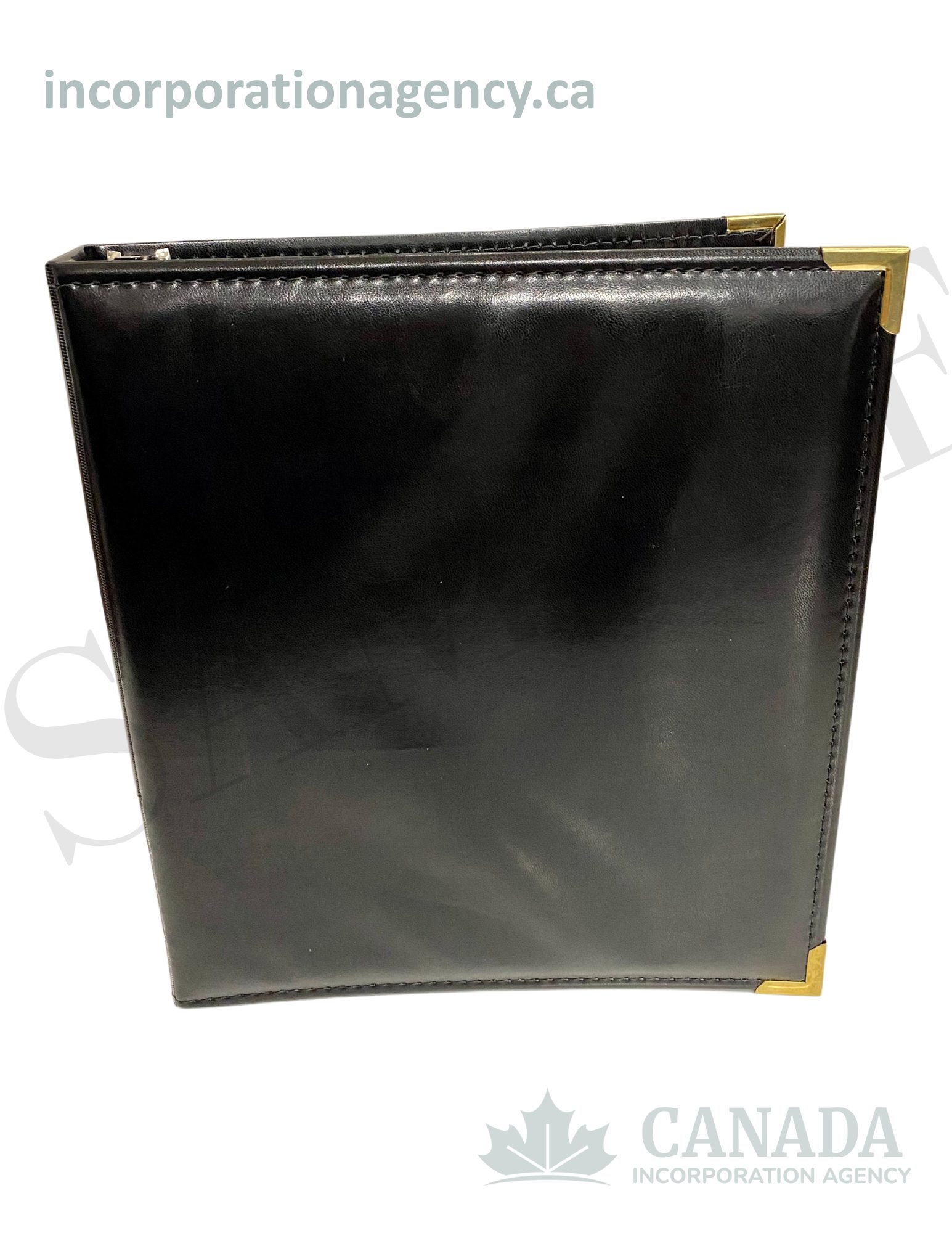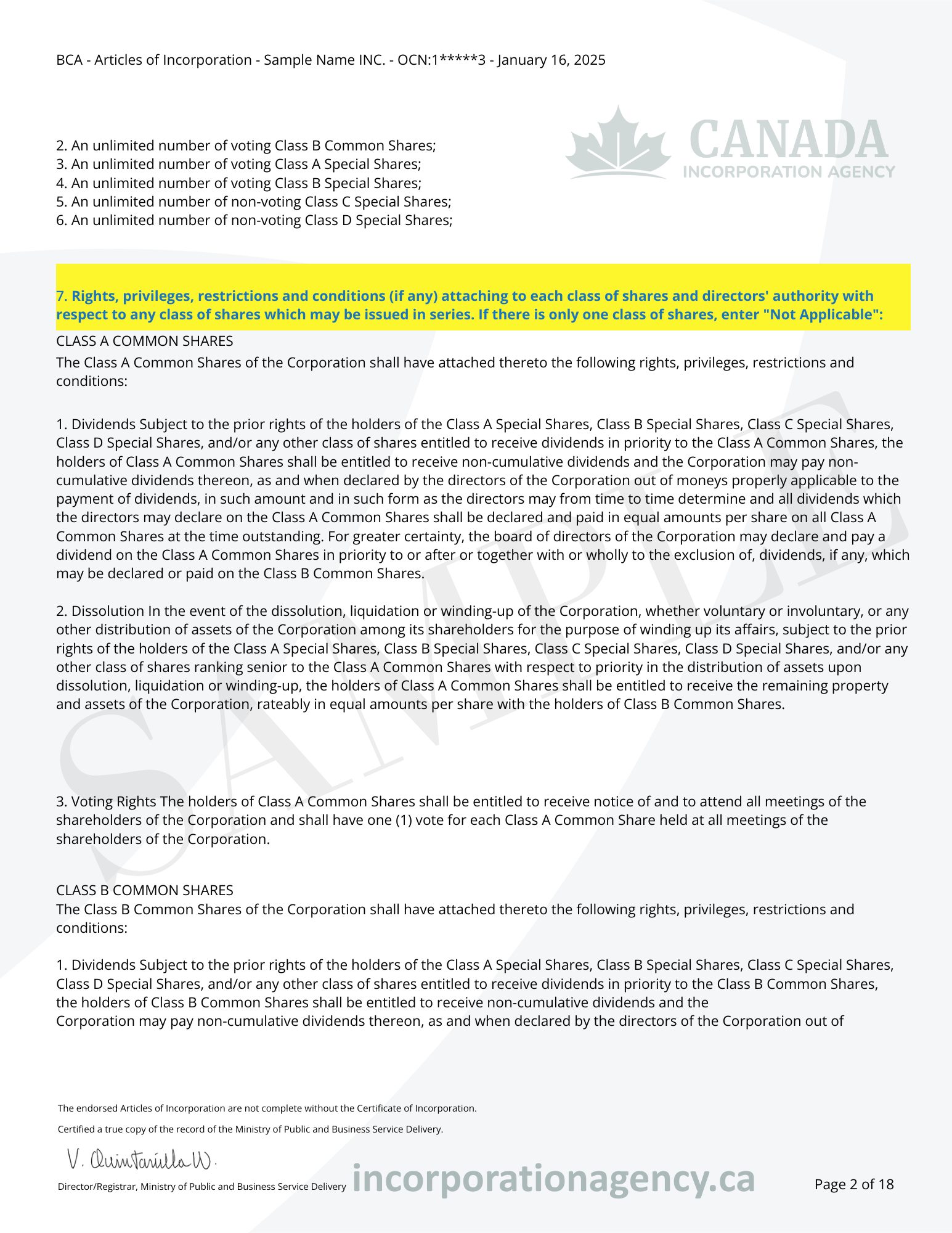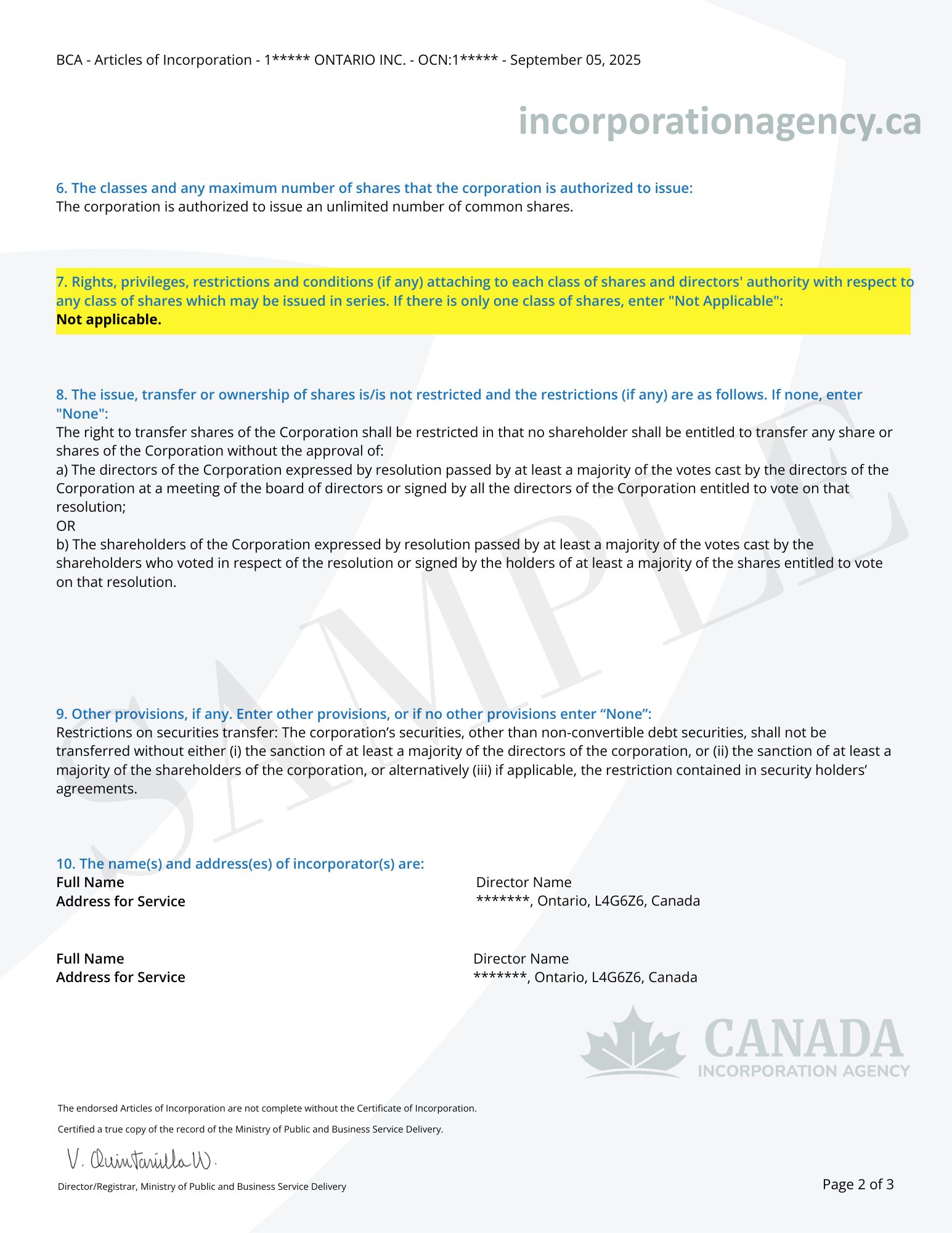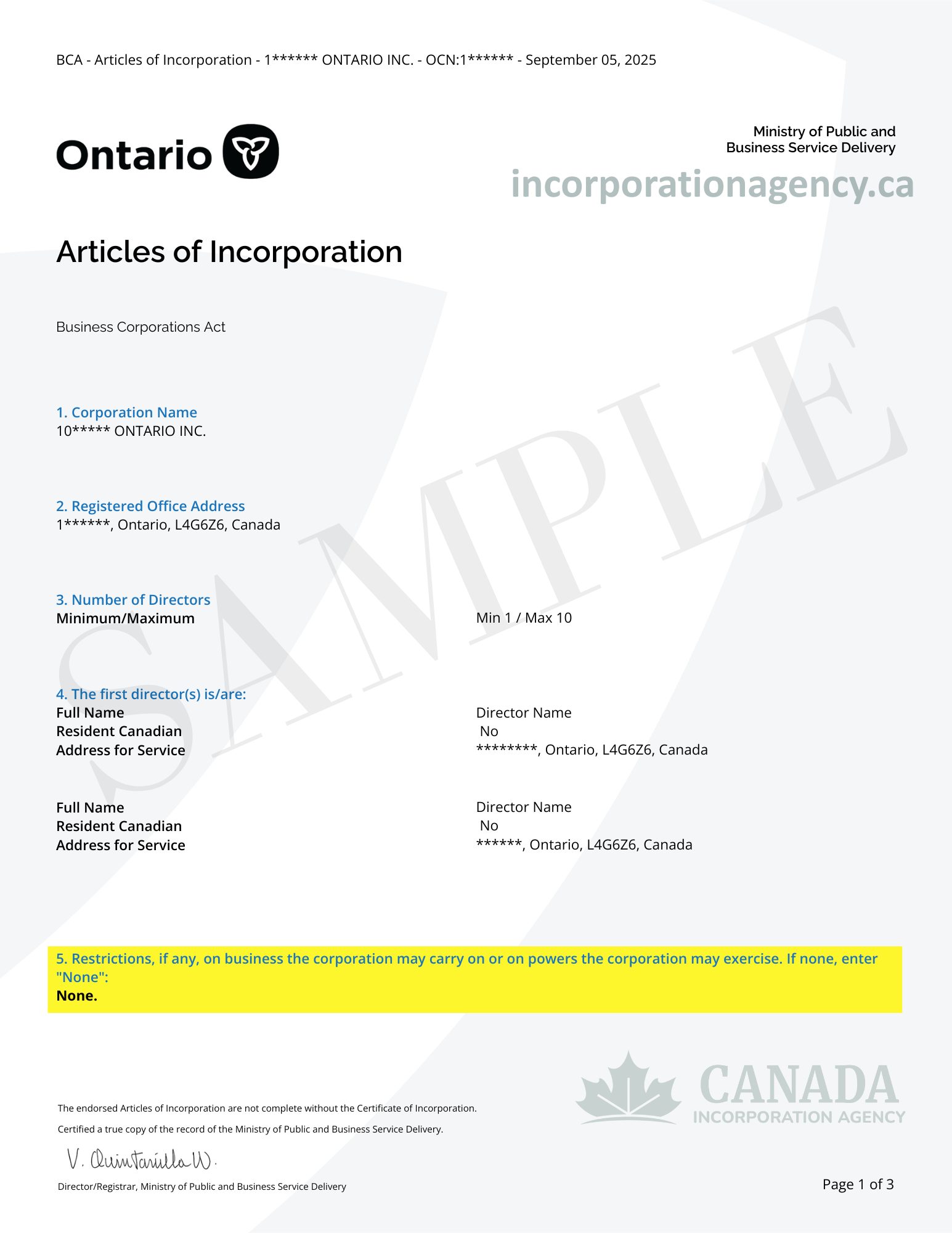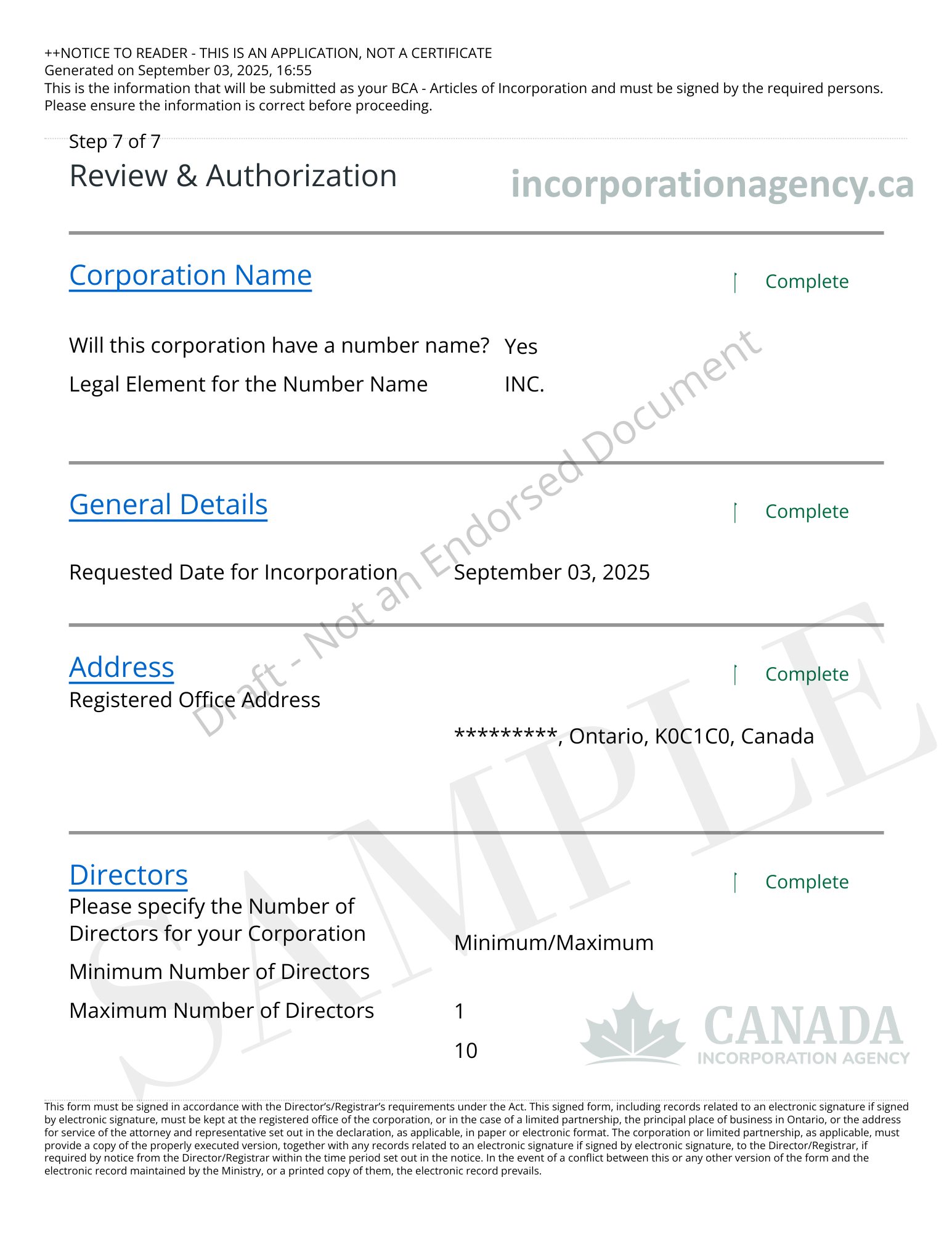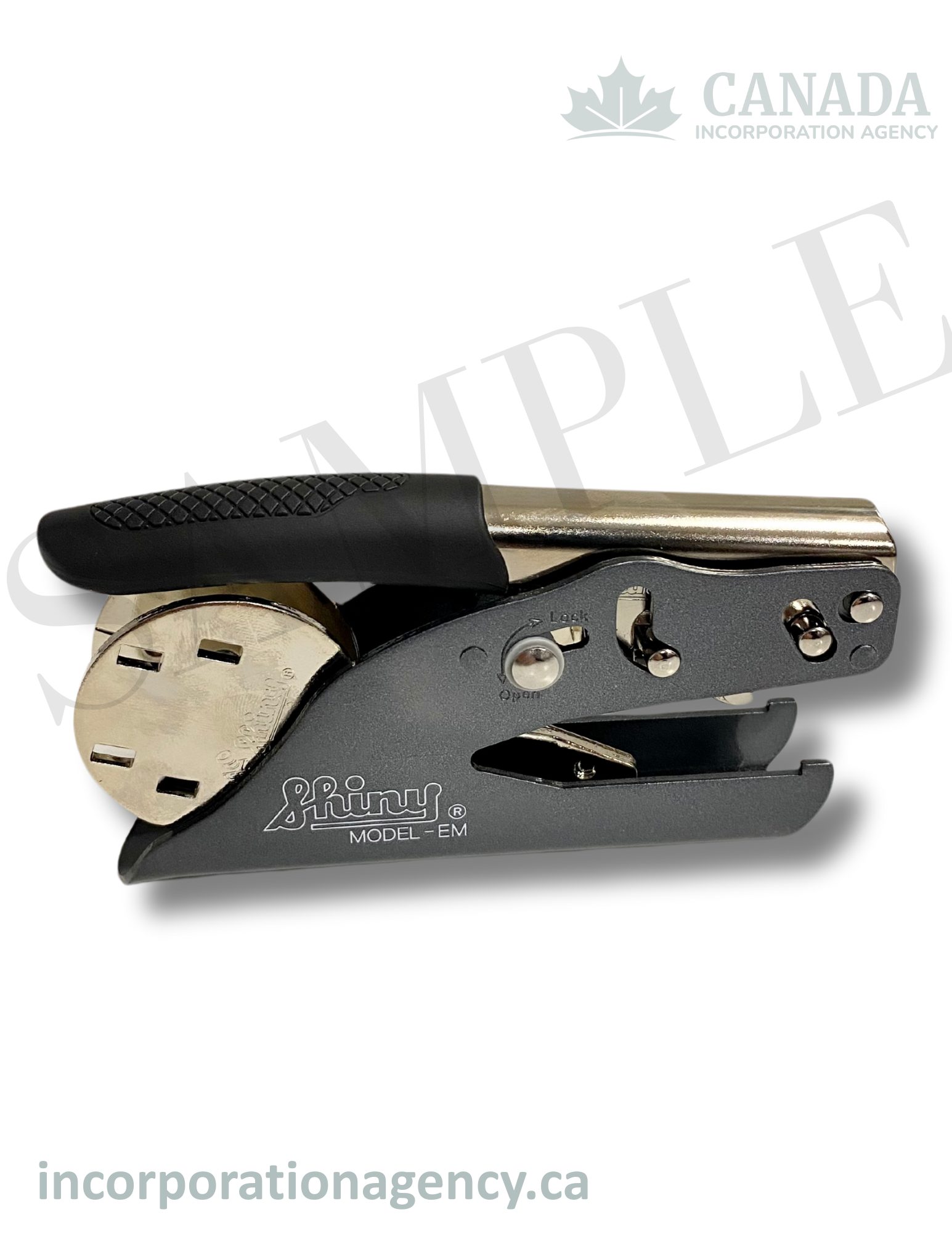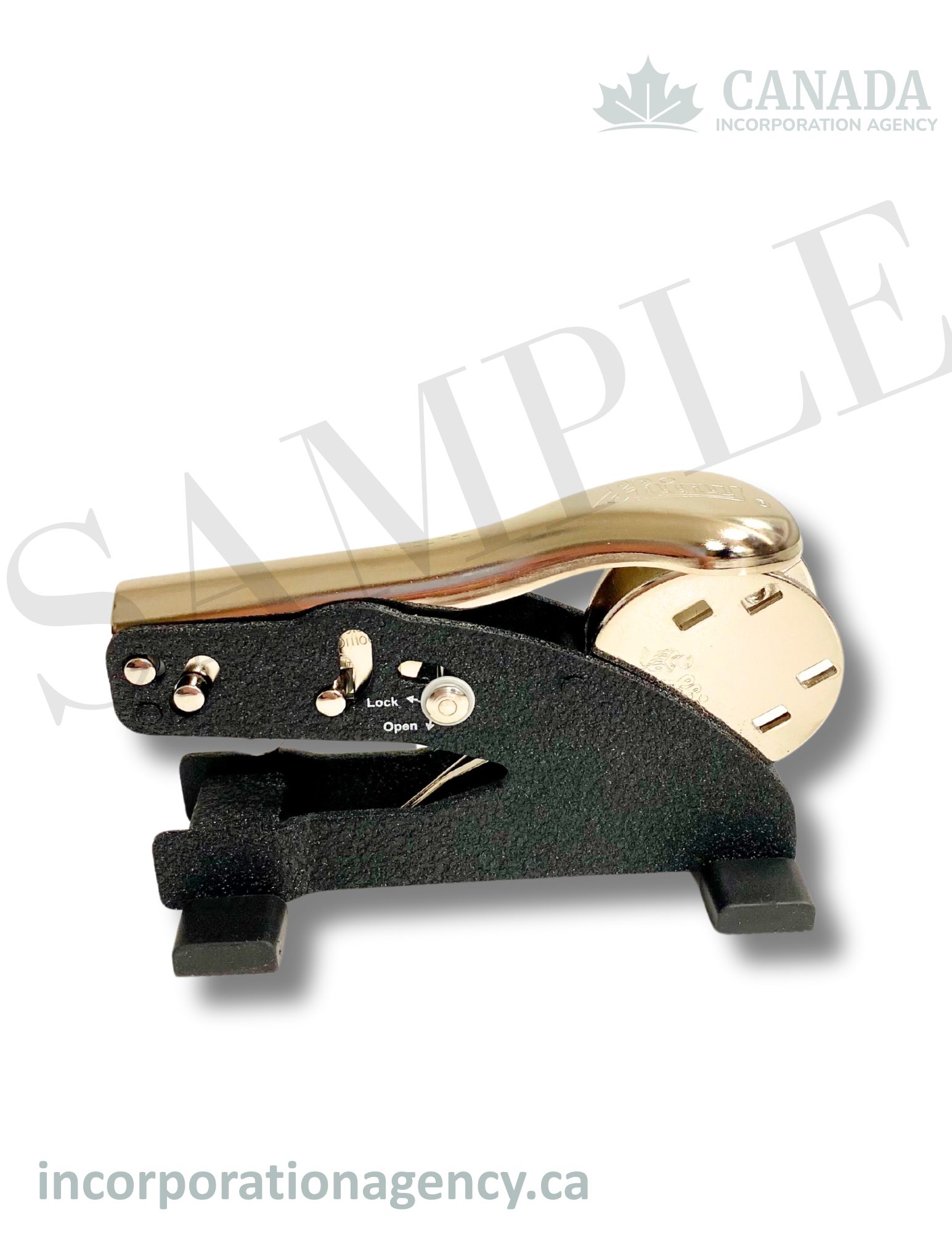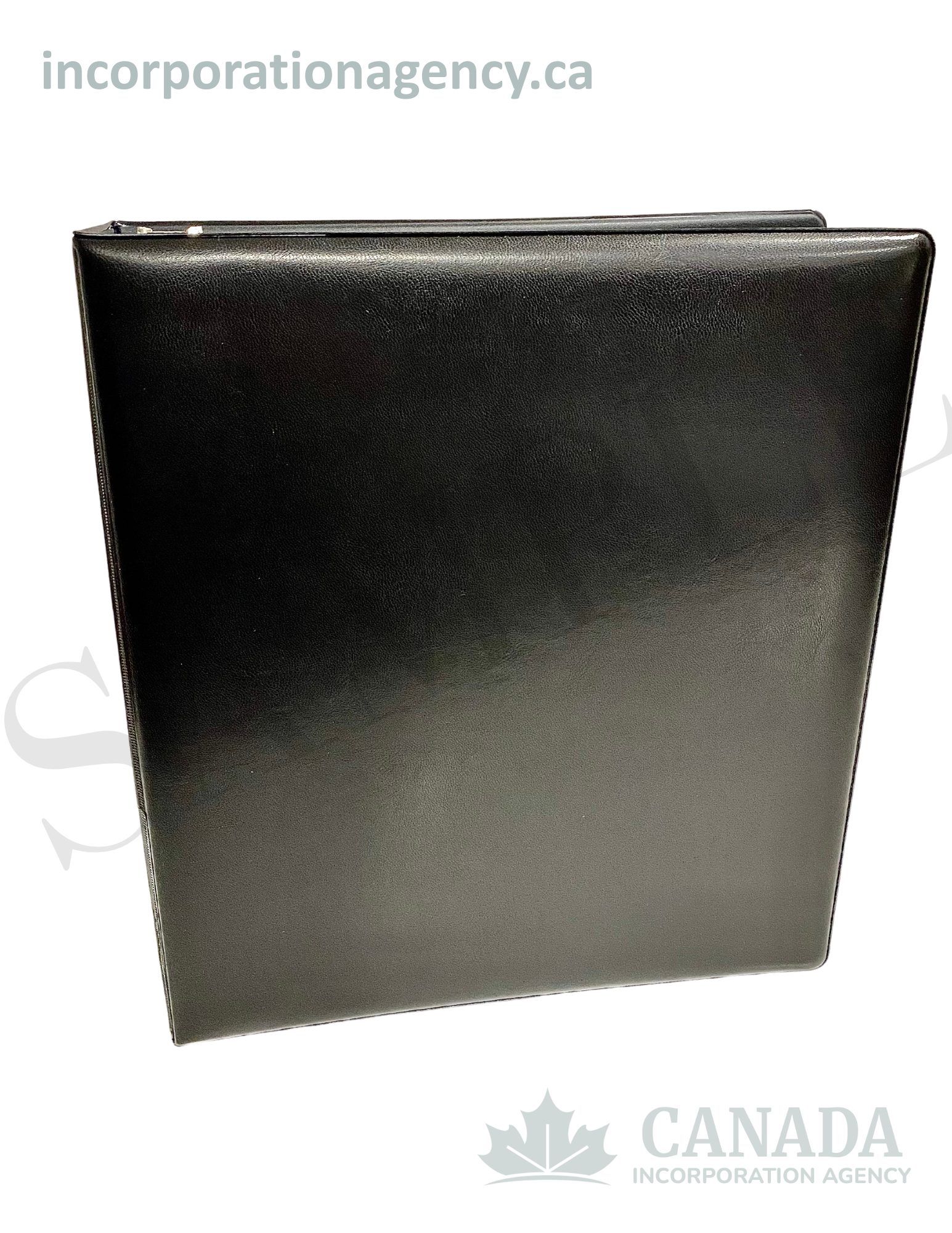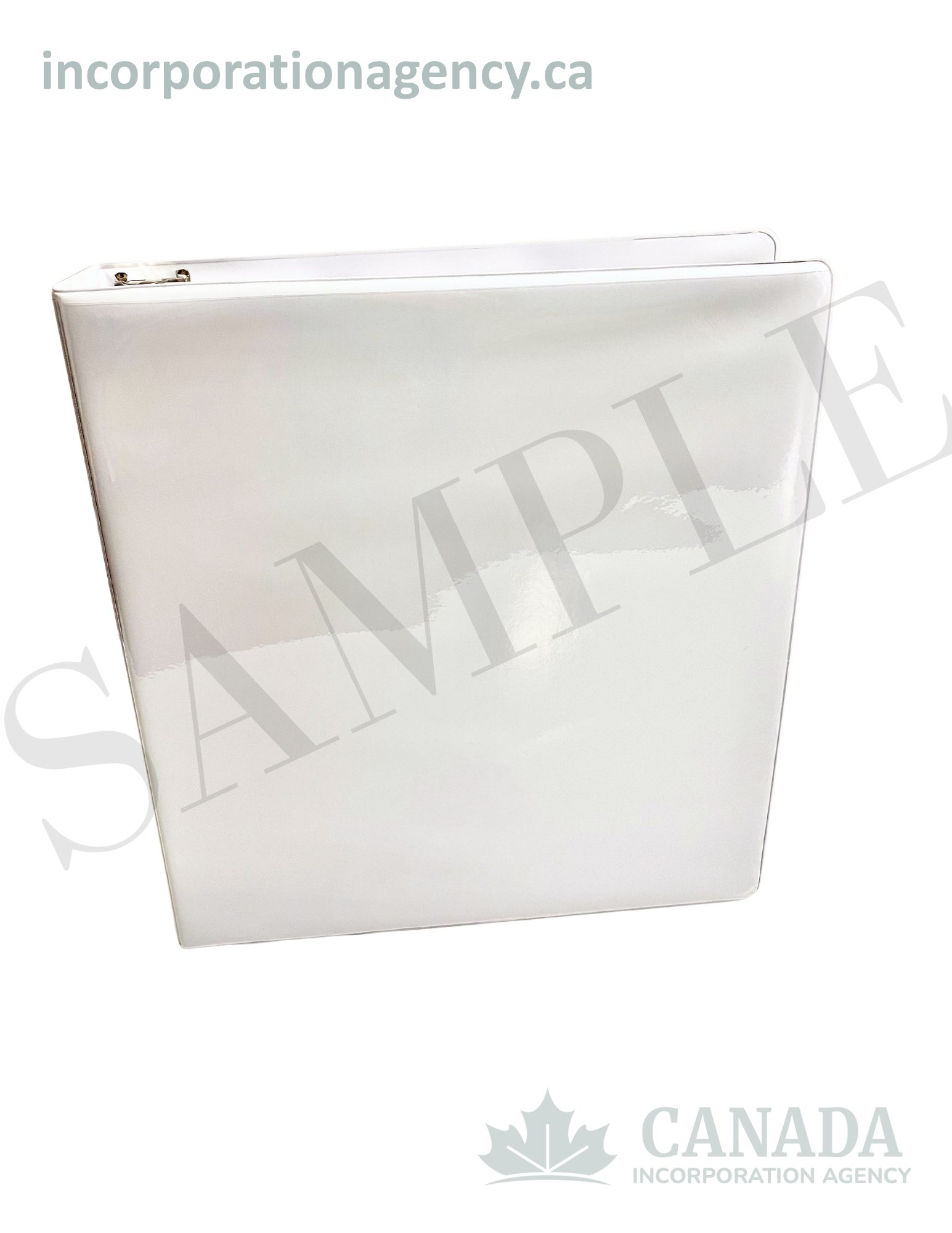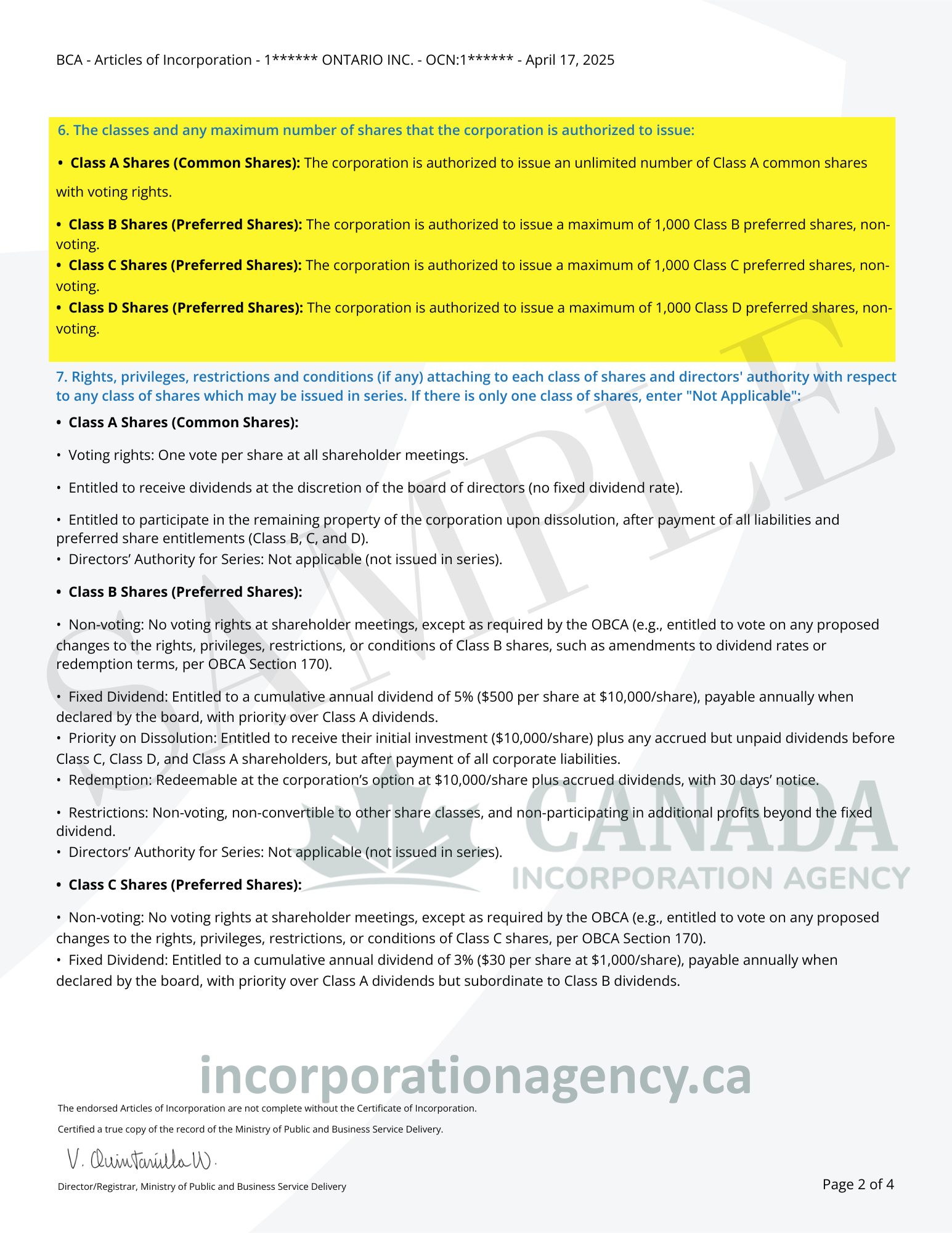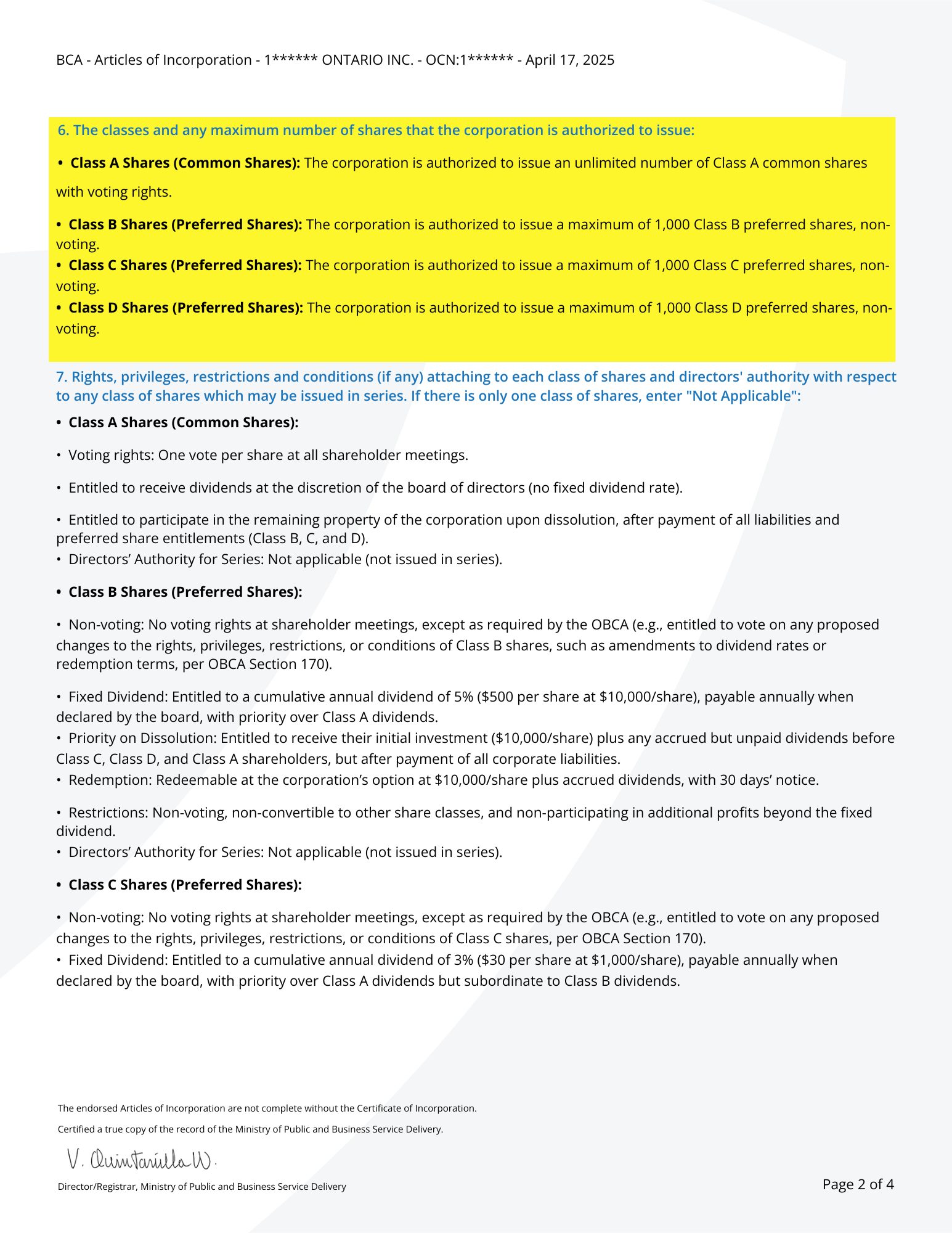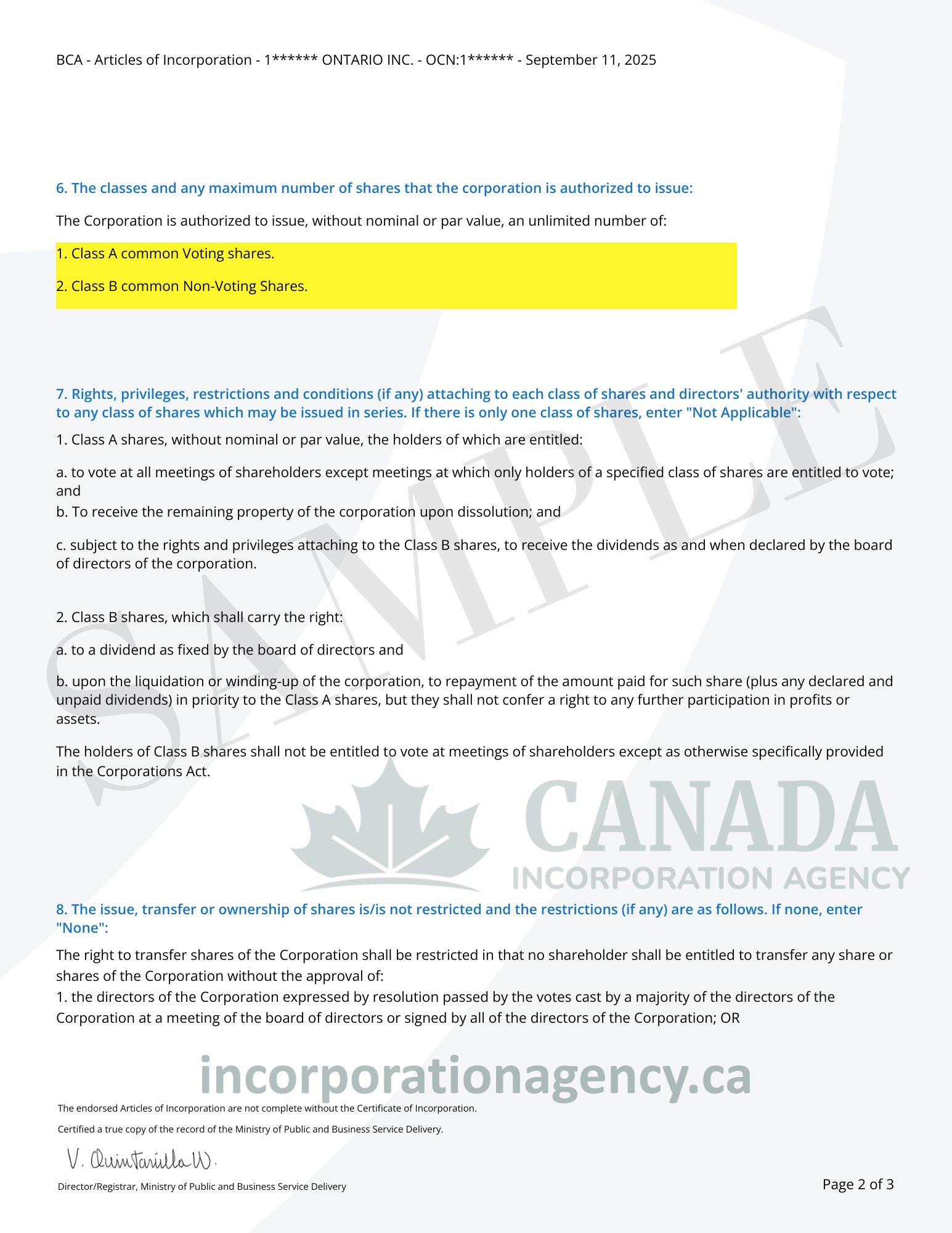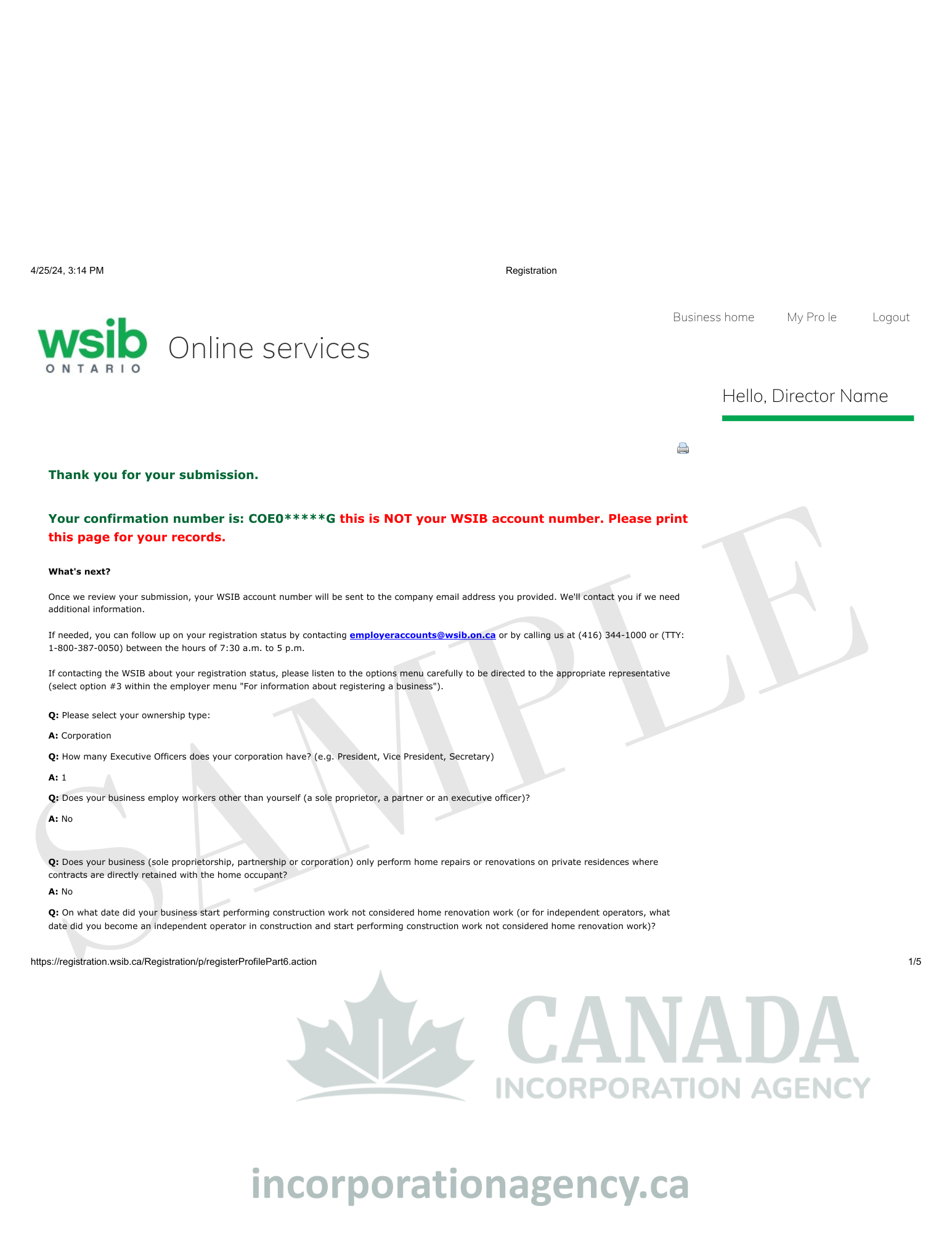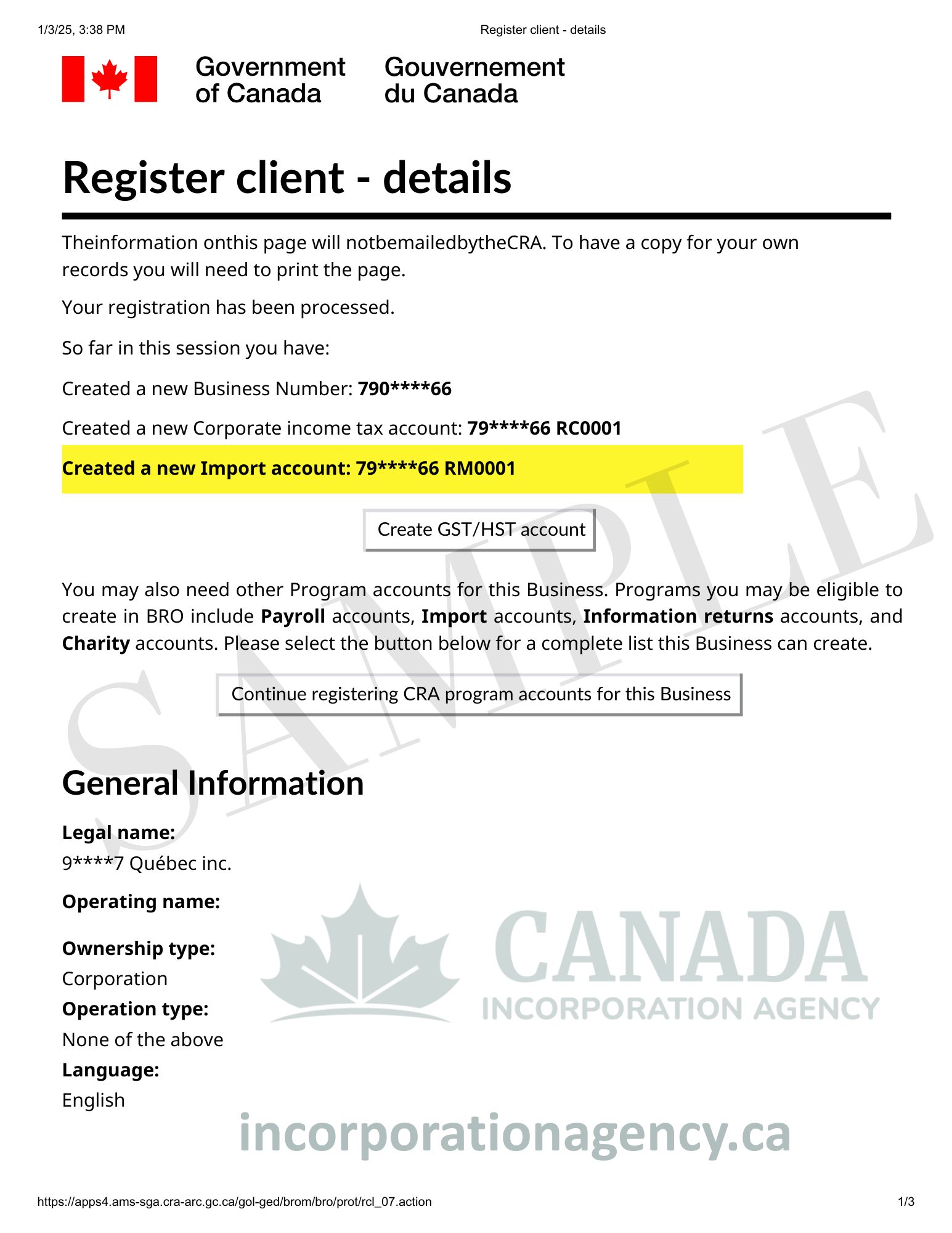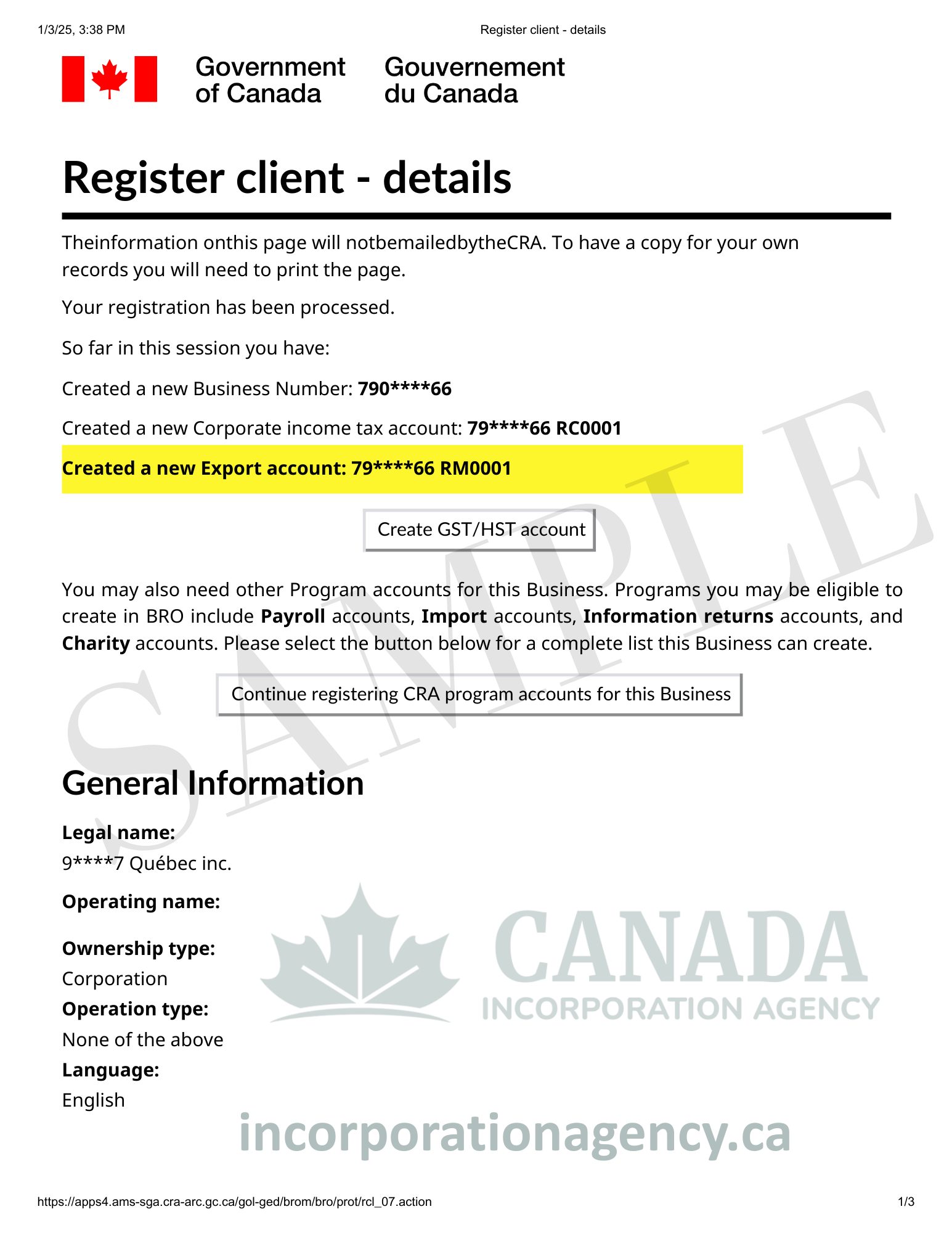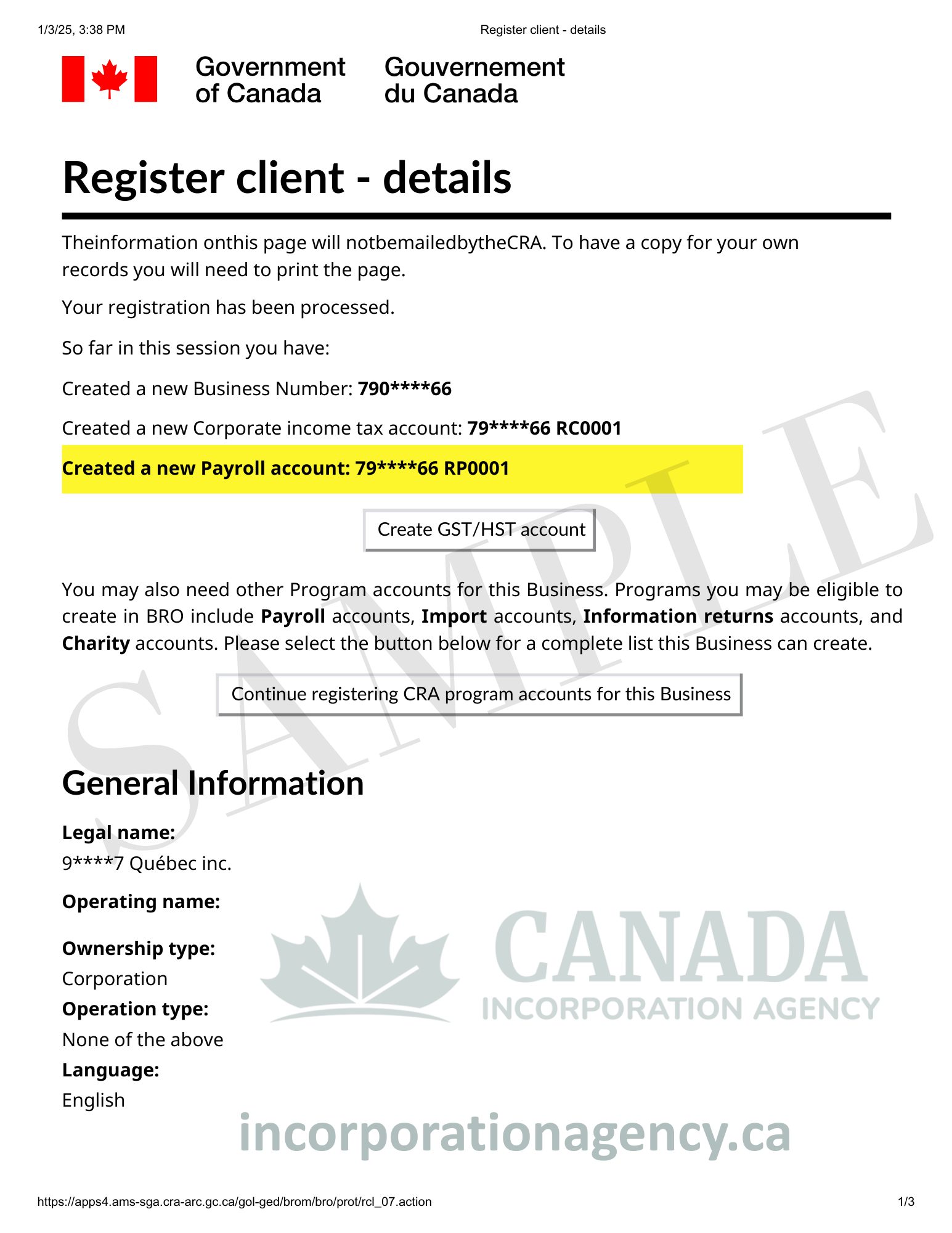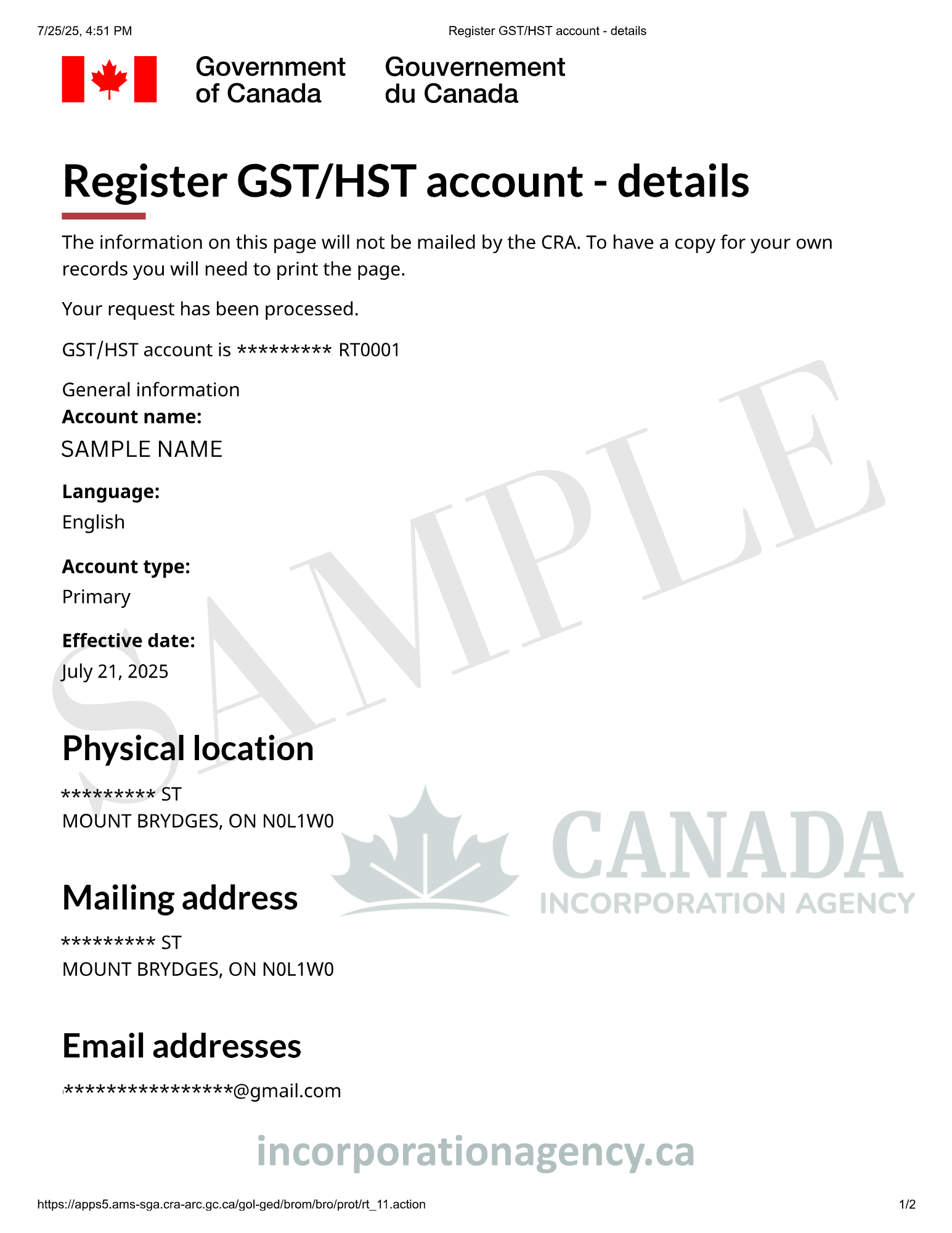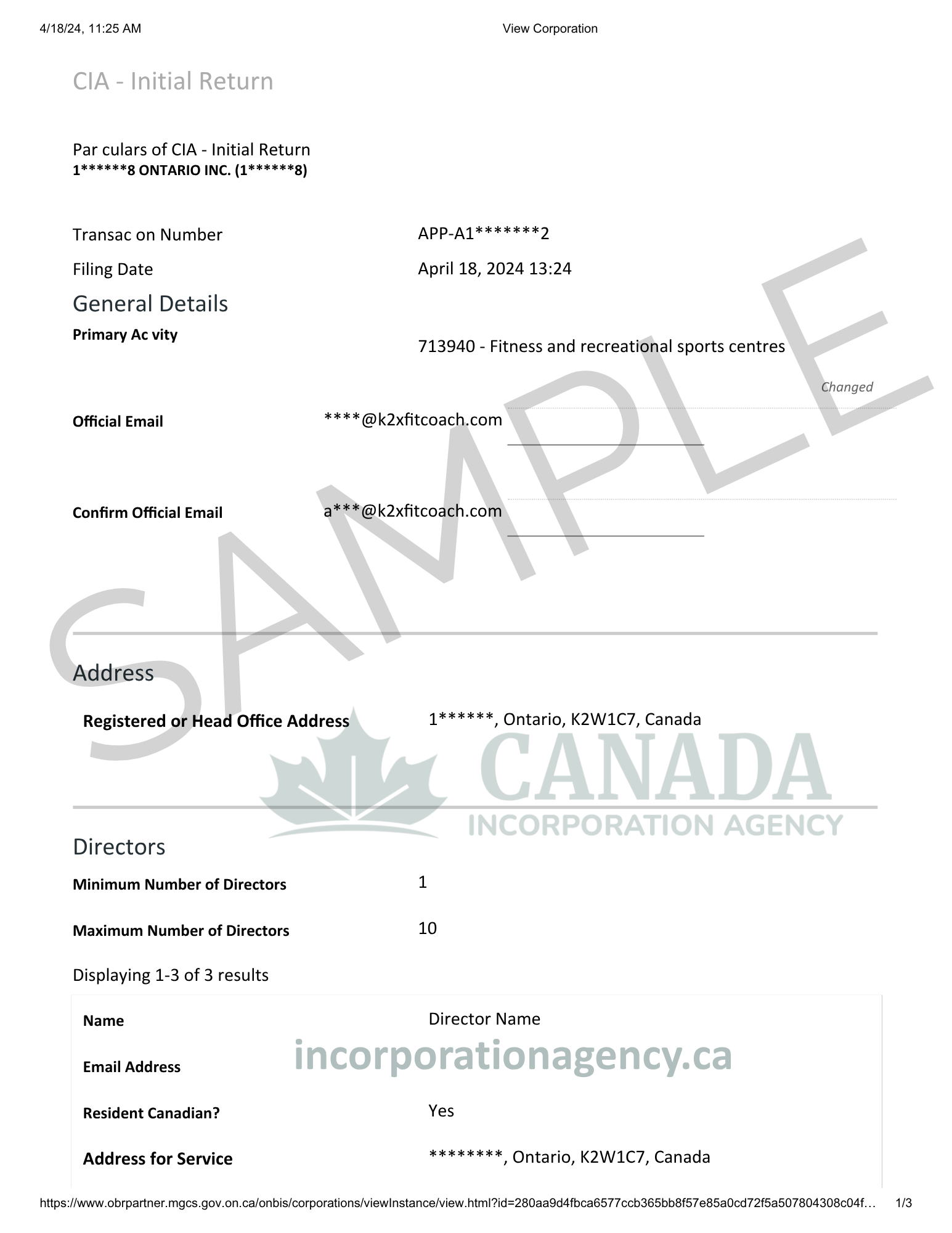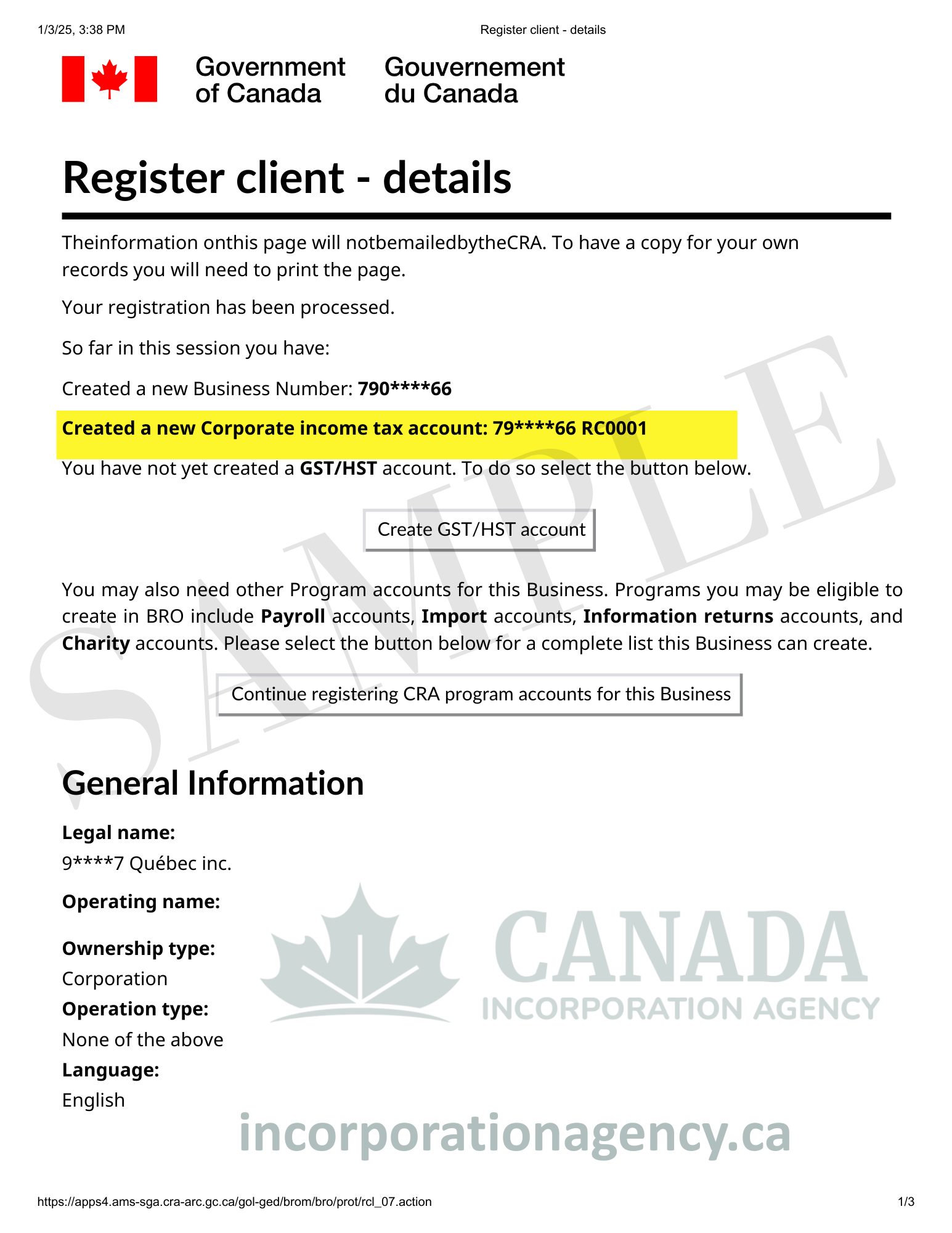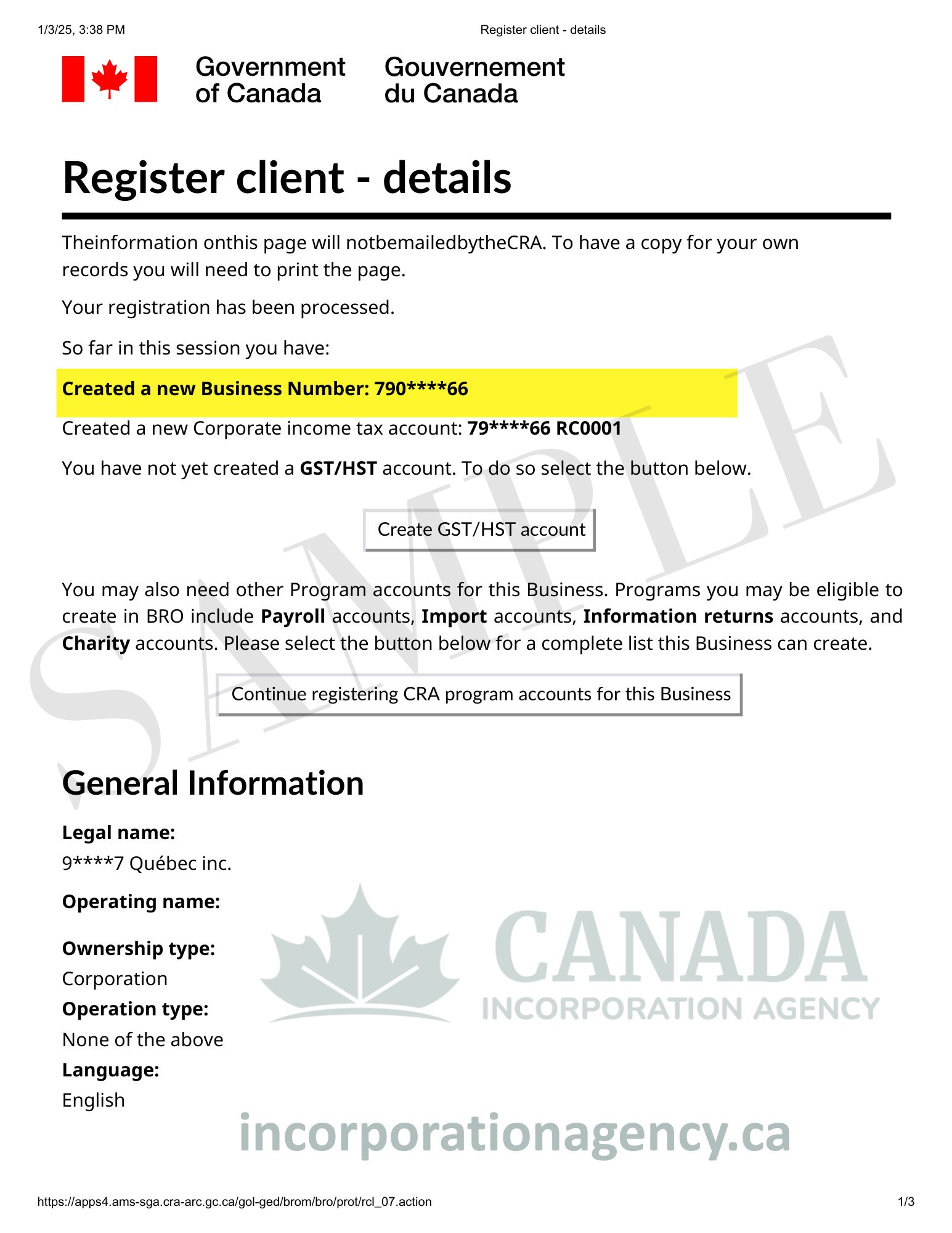Starting a business in British Columbia is a lot like starting a relationship: you’re excited, nervous, and wondering if you’ll still feel the same way six months from now. But before you can start selling your million-dollar idea (or, let’s be honest, your grandma’s famous pierogi recipe), you need to make it official and register a business in BC.
If the idea of government forms gives you cold sweats, don’t worry—I’ll walk you through it, step by step, in plain English. And yes, we’ll even sprinkle in some humor, because paperwork doesn’t have to feel like watching paint dry.
Why You Need to Register Your Business in BC
First things first: why bother? Why can’t you just start selling candles out of your garage and call it a day?
Here’s why:
- It’s the law: If you’re operating under a name other than your own, you legally need business registration BC.
- It builds trust: Customers and suppliers want to know you’re legit, not just a sketchy guy with a Gmail address.
- Taxes: Yep, the government wants its cut, and they won’t politely wait.
Think of registration as putting pants on your business. It’s not optional in public.
Step 1: Decide on Your Business Structure
Before you jump into the company registration BC process, you need to decide what kind of business you’re starting. This matters for taxes, liability, and how many late-night headaches you’ll get.
The Main Options
BC Sole Proprietorship
If you’re just starting out and want the simplest, most affordable way to register a business in BC, a sole proprietorship is your best friend. It’s the “no-frills” business structure: quick to set up, low-cost, and perfect if you’re dipping your toes into entrepreneurship. What It Means: You and the business are the same legal entity; you keep all the profits (yay!), but you also take on all the risks (boo!); If someone sues your business, they’re basically suing you personally—your car, house, or Netflix account could be on the line.
Example:
Imagine Jenny wants to sell her handmade pottery at Granville Island Market. She’s not sure if this will turn into a long-term business, so instead of spending hundreds of dollars on company registration BC, she registers a sole proprietorship under “Jenny’s Clay Creations.” It costs her around $30 for the name approval and $40–$50 for the business registration BC. Within days, she’s set up, has a business number, and can start selling. If her pottery takes off, she can always switch to incorporation later.
Partnership
If going solo feels lonely (or terrifying), you might want to team up with a friend, spouse, or business buddy and form a partnership. In BC, partnerships are another common way to register a business in BC—and they come with their own set of perks and pitfalls.
A partnership is when two or more people run a business together with the intention of making a profit. You share profits, losses, and responsibilities—basically, you’re in it together for better or worse. The business itself isn’t a separate legal entity, so liability can still come knocking at your personal door.
Example:
Let’s say Mike is a chef, and Lisa is a social media wizard. They decide to start a trendy taco truck in Vancouver called “Taco Tango.” They file their name approval through the Canada Incorporation Registry. Then, they register their partnership through the business registration BC portal. They sign a partnership agreement outlining who’s responsible for what (Mike handles the guacamole, Lisa handles the Instagram reels). Profits are split 50/50, and both are equally responsible for any debts. With teamwork (and tacos), they’ve made their business official.
Incorporation
If you want your business to look polished, credible, and built for the long haul, incorporation is where things get serious. This is the most structured way to register a business in BC, and while it involves more paperwork (and a bit more cash), it also gives you the most protection and growth potential.
Incorporation creates a separate legal entity for your business. Your company can own assets, take on debt, and enter contracts on its own. You, as the owner (shareholder), are separate from the company. Think of incorporation as giving your business its own birth certificate, separate from you.
Why People Choose It
- Limited liability: Your personal assets are (usually) safe. If the company owes money, creditors can’t come after your Netflix account or your car.
- Tax benefits: Corporations may qualify for lower tax rates and deferrals.
- Credibility: A corporation looks more “official” to banks, investors, and customers. “Company registration BC” adds weight to your brand.
Raising capital: Investors are much more likely to put money into a corporation than into your garage side hustle.
Example:
Meet Sarah. She wants to launch a tech startup called “Coastal AI Solutions Inc.” in Vancouver. She knows she’ll be seeking investors, so she decides incorporation is her best bet.
- Sarah submits a name request through the BC register business system.
- Once her name is approved, she files incorporation documents online with the BC Registries.
- She pays the $495 incorporation fee, enters shareholder details, and sets up a registered office address.
- Sarah gets her Certificate of Incorporation and a Business Number from the CRA.
- To stay compliant, she files her annual corporate report every year.
Now Sarah’s company looks attractive to investors, and she can chase funding without worrying that a failed venture will cost her personal assets.
Pro tip: If you’re planning to scale or don’t want your personal Netflix subscription at risk if your business tanks, incorporation is often the way to go.
Step 2: Choose a Business Name
This is the fun part, right? Wrong. Choosing a business name is like naming a baby, except it also has to survive a BC register business search.
What Makes a Good Name?
- Distinctive (sorry, “Vancouver Coffee Shop” won’t cut it)
- Easy to spell
- Doesn’t infringe on existing names
Do a Name Search
Head over to the Canada Incorporation Agency and check availability. In BC, you’ll use the official name request system. Once your name is approved, you’ve got 56 days to use it before it expires—like milk, but more expensive if wasted. There are certain naming rules you must follow when choosing a name for your company. For example: you need to include two elements – distinctive and descriptive elements. The distinctive element should be unique, as this element distinguishes you from other businesses. The descriptive element describes your business activities. If you incorporate a business in BC – you must include the legal element like “inc.” or “Corp. “ in the end of the name. More about the naming rules and regulations of British Columbia you can find here.
Step 3: File Your Business Registration
Okay, here’s where things get real. To register a business in BC, you’ll go through the BC Registries and Online Services platform.
What You’ll Need
- Your approved business name
- Business address (home-based is fine)
- Owner information
- Payment (yes, it costs money—roughly the same as a night out, but less fun)
Filing Online
The process is straightforward (for government standards). You’ll create an account, fill in the forms, pay the fee, and—voilà—you’ve got your official business number.
Step 4: Get Extra Permits and Licenses
Depending on what you’re selling, you may need extra paperwork. For example:
- Food business? You’ll need health permits.
- Opening a bar? Liquor license.
- Selling dragons? Sorry, illegal.
Check with your municipality for what’s required.
Step 5: Taxes and GST/HST
Once you’ve completed business registration BC, the Canada Revenue Agency will issue you a Business Number (BN). You may also need to register for GST/HST, payroll, or import/export accounts.
Yes, it’s less fun than Netflix, but it keeps the CRA happy, and trust me, you want them happy.
Example: Registering “Pacific Glow Candles Inc.”
Let’s say Emma wants to start a candle company in Vancouver. Here’s what she does:
- Emma decides to incorporate (because she dreams of being on Dragon’s Den one day).
- She checks the Canada Incorporation Agency and submits a name request for “Pacific Glow Candles Inc.”
- The name is approved. Hooray—no one else thought of it.
- She logs into Canada Incorporation Agency, fills in her details, uploads ID, and pays the incorporation fee.
- Emma gets her incorporation certificate and business number.
- She registers for GST/HST since she’s confident she’ll make over $30,000 in sales (manifestation works, right?).
- Emma applies for a City of Vancouver business license and gets ready to sell candles that smell like rain on the Pacific Coast.
Boom—she’s officially a business owner.
Tips for a Smooth Registration
- Double-check your info before submitting. Typos in legal docs = expensive fixes.
- Keep digital and printed copies of everything.
- Don’t wait until the last minute—names expire, and processing times can delay your launch.
- If in doubt, ask for help. Services like Canada Incorporation Agency can handle the messy bits for you.
FAQs: Registering a Business in BC
Q: How long does it take to register a business in BC?
A: Usually 1–2 business days if you’re lucky. If not, blame Mercury retrograde. Canada Incorporation Agency can speed up the process for you, and register in just a few business hours.
Q: How much does it cost?
A: Business name approval is about $30. Incorporation costs range from $350–$400.
Q: Do I need a lawyer or an accountant?
A: Not legally, but they’re worth it if you’re incorporating or planning something big.
Q: Can I register a business in BC if I don’t live there?
A: Yes, but you may need an agent or local address. Canada Incorporation Agency can provide both: the agent for service and the registered office address.
Q: What’s the difference between business registration and incorporation?
A: Registration is the general process of making your business legal. Incorporation is creating a separate legal entity. Think dating vs. marriage.
Final Thoughts
Registering a business in BC doesn’t have to be scary. Sure, there are forms, fees, and the occasional government website crash, but at the end of the day, it’s a rite of passage for every entrepreneur.
So, grab some coffee, pick a quirky name, and dive in. Your future customers are waiting, and who knows? Your business might be the next big thing out of BC- right after craft beer and yoga pants.






